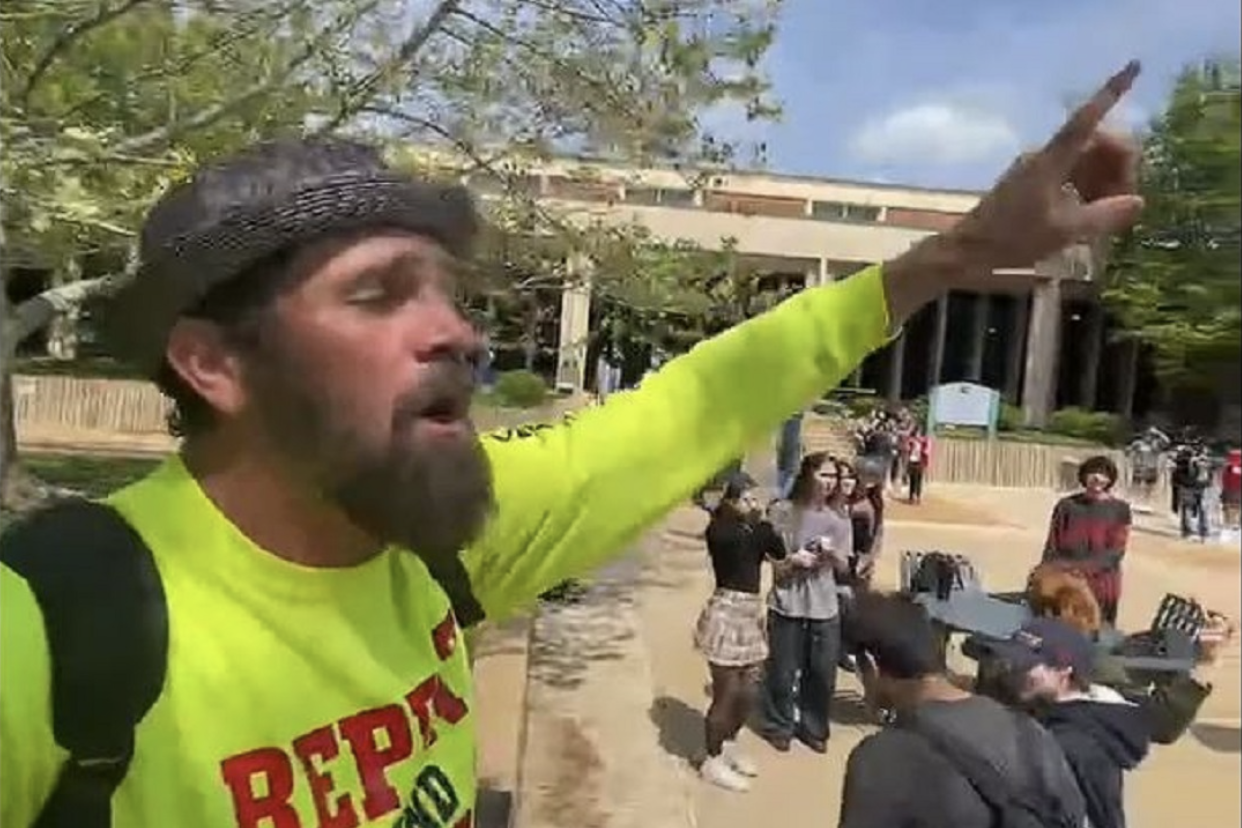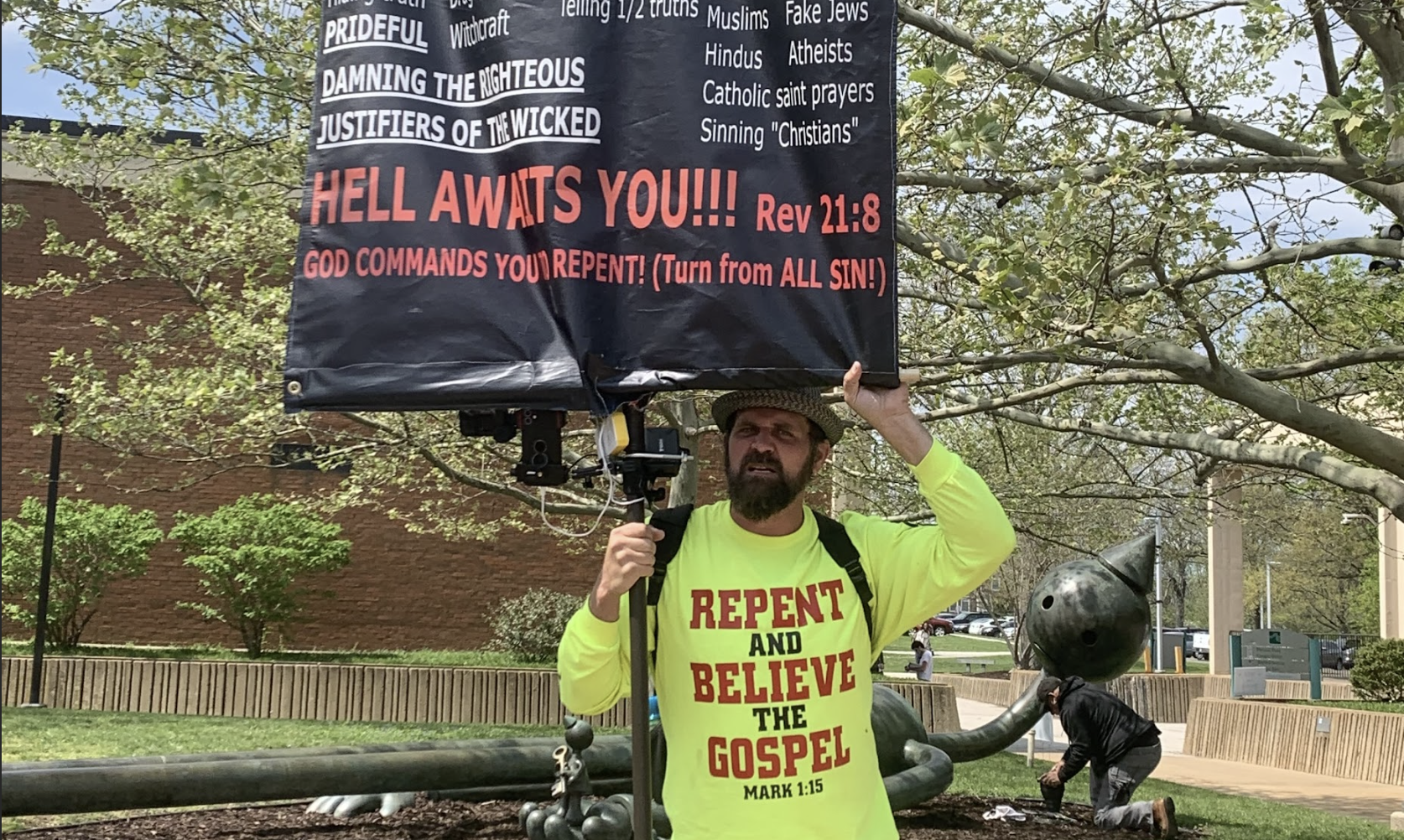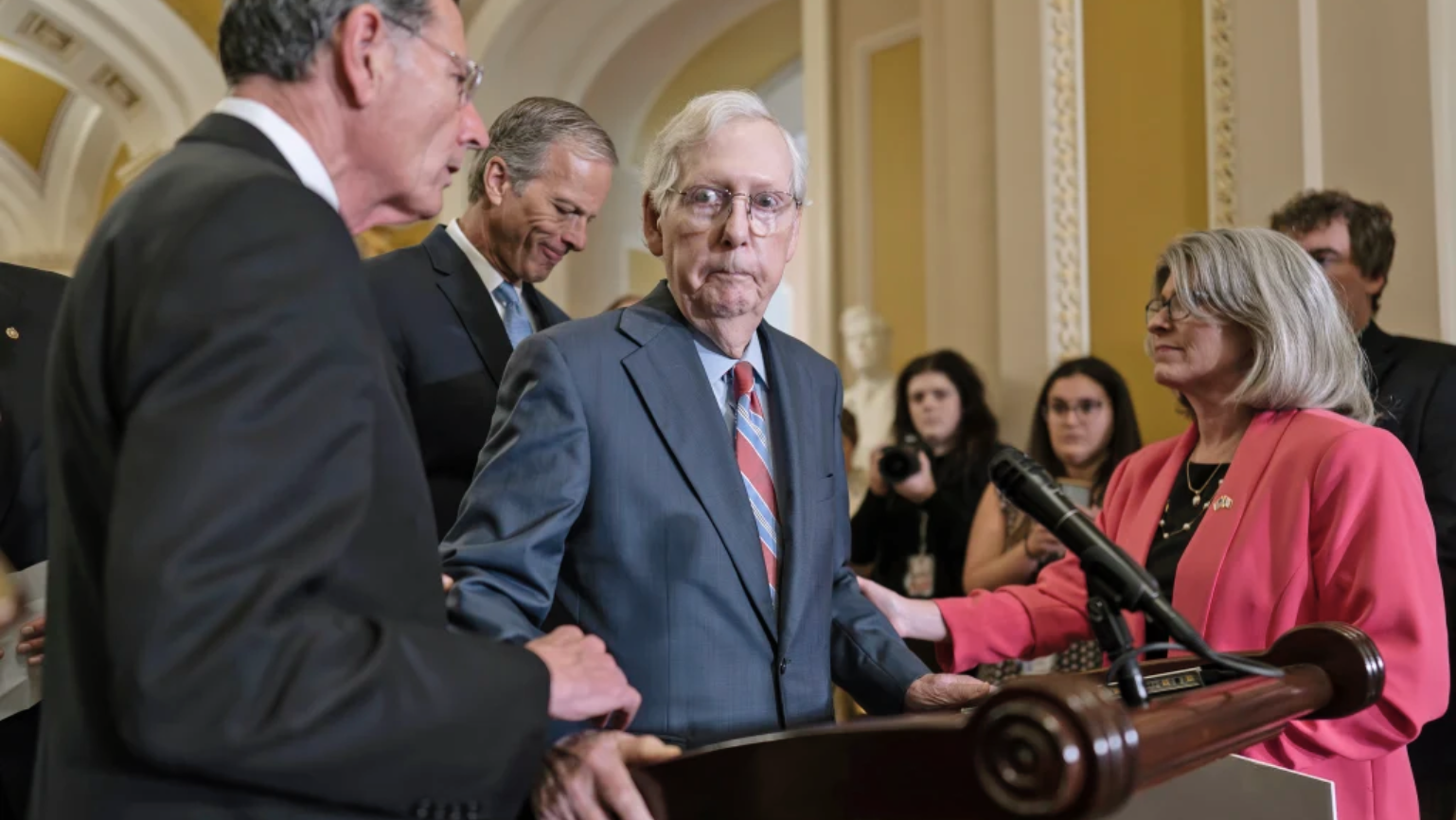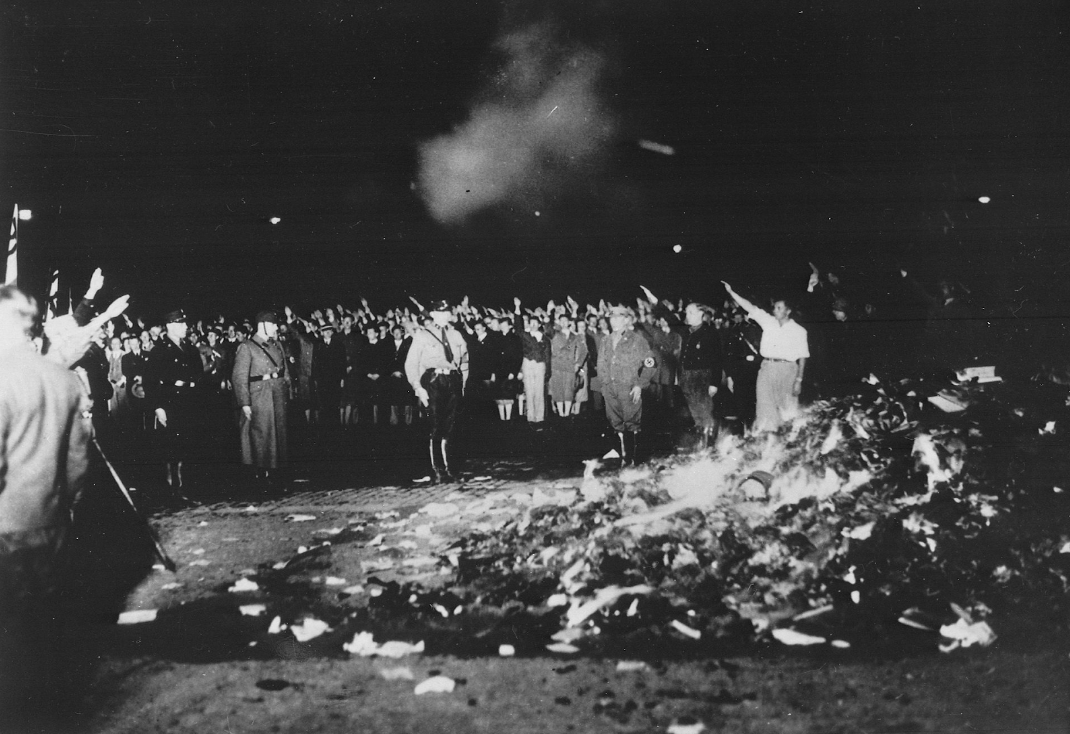It’s not bad, but it’s not great
BY: 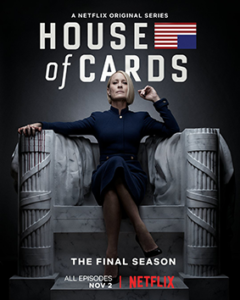 JACOB POLITTE
JACOB POLITTE
Staff Writer
House of Cards | Season 6
Release Date: 11/02/2018
All 8 Episodes Now Streaming On Netflix
***SPOILERS INCOMING***
The final season of House of Cards, the show that helped to make Netflix a television-producing powerhouse, was released worldwide on November 2nd. The season, announced as the final one following the revelations of former lead actor Kevin Spacey’s sexual assault scandals has been shrouded almost completely in mystery since late last year. Only recently have trailers and teasers been released.
As for the show this season, it’s safe to say it has been rejected by the majority of fans. The truth about that view is some fans will not give the show a chance to prove itself without Spacey at the helm. I can not begin to tell you how many comments I’ve read that where people have said that they turned the show off before the first episode had even concluded. That’s ridiculous.
Admittedly, though, I can see where they are coming from. Spacey’s character, Frank Underwood, was the center of the show’s universe for the first five seasons. He’s been the central focus of things since day one and his abrupt absence from the story is definitely jarring.
Writing him off, however, was most definitely the right call. There’s a big difference between “separating the artist from his work” and allowing a sexual predator to continue working on a highly-acclaimed television show only because he’s good at it. His exit most definitely changed whatever was originally planned for this season, but his exit was also unavoidable and absolutely necessary, for countless moral reasons above all else. That type of behavior should never be condoned or allowed. It doesn’t matter who you are or how good you are at your job.
There are definitely issues with the season, and I’m going to address them in a moment. Looking at this particular season, even if it is the final one, I think it must be judged on specifically on its own merits. Given the circumstances, it was never going to be anything like what previously came before it. That being said, let’s take a look at the good, the bad, and the ugly of the sixth and final season of House of Cards.
The Good
The acting this season is fantastic. In particular, relative newcomer Patricia Clarkson (Jane Davis) is great, as is newcomer Diane Lane (as a previously unseen, and extremely power acquaintance of the Underwoods, Annette Shepherd) and series stalwart Michael Kelly (Doug Stamper). Kelly’s character Stamper, the former Chief of Staff, is given an interesting arc this season; as arguably Frank’s right-hand man and his most trusted confidant, he must now navigate the political spectrum and the world at large without his former boss, who has held such a hold on him for many years. Who is Doug Stamper without Frank Underwood as his puppet-master?
Of course, I can’t forget to talk about Robin Wright, who’s character Claire Underwood (or Hale, as she chooses to go by following her husband’s demise) is the show’s new center of gravity, and is 100 days into her term as President of the United States. Robin Wright has always been incredible on the show, but now that Spacey is gone, she can fully take charge.
Despite Spacey’s absence, however, the shadow of the late President Frank Underwood still looms large over the proceedings. His character is mentioned in every single episode, and the mystery of the details of his death is a plot-line all season long. This is fine. Spacey may be gone, but Frank was a vital part of the show for many years, and to not acknowledge his character is ignoring the show’s history.
The Bad
The show had an abbreviated run this season, meaning that there were some long-running plotlines that were never going to be wrapped up. Eventually, characters just start dying so that said plotlines can just fade away, and for the most part, there is no true sense of closure. Or character’s endings are just terribly convoluted.
For example, let’s look at the arc of former Secretary of State Cathy Durant. It’s revealed that she survived her fall down the stairs from last season (one of the series most hilariously bad moments). Mostly unaffected (with the exception of having terrible headaches), she offers to “forget” what happened to her or to “forget” about any of the Underwood’s past misdeeds. It doesn’t matter; Claire wants her killed anyway.
After sensing that something is up, Durant fakes her death (there’s a whole episode that takes place at her “wake” and it’s actually really great), flees to France and tries to take down Claire from the shadows. It ultimately is a useless effort, as she’s killed anyway.
Other, more long-running plotlines are left unresolved too. The horrific death of Zoe Barnes (from the show’s second season) is never avenged. Tom Hammerschmidt, one of the few people who fought hard to find out the truth about the Underwoods throughout the series’ run, sees his newspaper get bought by the Shepherds and turned into a propaganda machine (in a story that is eerily reminiscent of the recent controversy surrounding the Sinclair Broadcasting Group), gets fired, and then he gets killed too. There’s no justice for Peter Russo. There’s no real justice for Rachel Posner. We see the corpse of Tom Yates, but there’s no justice for him either. Lucas Goodwin will forever be known only as a person who tried to assassinate the President. Jackie Sharp and Remy Danton are still in hiding. Jane Davis betrays Claire out of the blue and is promptly murdered for her troubles. Instead of closure, there’s mostly just a parade of death and injustice. It’s not exactly how I wished to see these stories resolved.
Perhaps if the season were the usual 13 episodes instead of 8, we could have gotten a less-rushed ending for some of these characters. We could have gotten a mostly satisfying conclusion to some of these stories. But that won’t change the ending.
The Ugly
The ending is bloody and intense, but it’s also a really terrible way to end the series as a whole. Basically, it ends with a very pregnant Claire and an unhinged Stamper facing off in the Oval Office. In an extremely weird twist, it’s revealed that Stamper was the one responsible for Frank’s death; Stamper tampered with his liver medication so that he overdosed. Frank was going to murder Claire at the White House for refusing to pardon him for his previous crimes, and Stamper did it to… protect Claire? Protect Frank’s legacy? Frank’s legacy was pretty tarnished already, so this explanation felt really bizarre.
House of Cards should not have ended with two characters debating a dead man’s legacy. That’s exactly what we got here. Claire and Stamper argue a Stamper puts Frank’s letter opener to Claire’s throat when she refuses to say that her husband “made her.” Claire takes advantage of a momentary hesitation after Stamper notices that he drew blood, grabbing the letter opener from him and stabbing him in the gut; as he bleeds out, she suffocates him. She says “no more pain” as Doug Stamper dies in her arms, then fearfully looks to the camera. Fade to black.
Excuse me, what?
There are so many things left unresolved. Does Janine Skorsky (somehow the sole survivor of all of the people who know all about the crimes that the Underwoods committed) ever release her article that will fully expose Claire and her late husband? What does Annette do now? And most importantly, how in the world does Claire explain murdering a man in the Oval Office? Self-defense, maybe, but this would probably have to be the end for her Presidency. But does she get away with everything else? We’ll never know.
This show did not need to end on a cliffhanger. I understand that this was not the original plan for the show (most likely), but even without Spacey or Underwood present, this is not the ending that does justice to everything that came before it. It’s just an extremely weird, frustrating place to end things. I thought that the show handled Spacey’s departure as best as they could have, but this was not the way that House of Cards should’ve ended.
The Verdict
The sixth season of House of Cards is not a necessarily a bad season of television. As a final season of a television show, however, it is somewhat unsatisfying. The ending of it all really took it down a peg after a pretty strong start, and an extremely fast-paced, intriguing middle. The acting wasn’t the problem, the characters weren’t the problem. The writing was the problem, as was the series’ flawed (but admittedly unavoidable) end-game. The House of Cards collapsed in on itself, both on-screen and behind the scenes.








